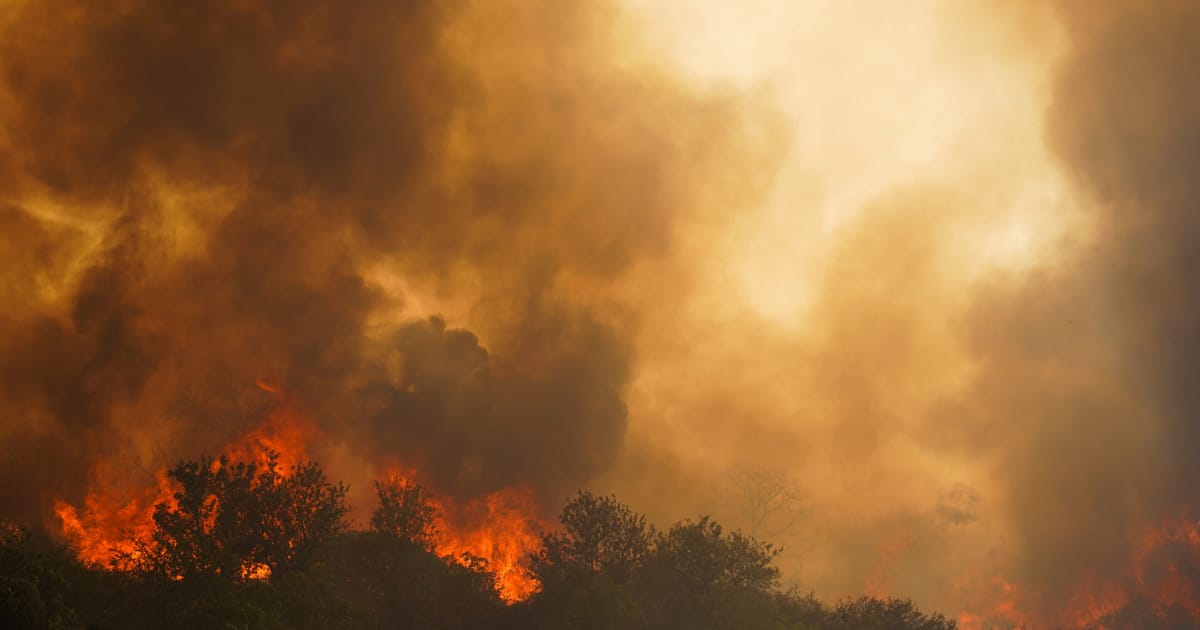

In a world increasingly shaped by climate concerns, communities and governments from various regions are stepping up efforts to tackle environmental challenges. From managing wildfires in North America to understanding the implications of soaring temperatures in Asia, the global response showcases both obstacles and opportunities for collective action.
In Cyprus, the recent wildfires have highlighted the need for better emergency preparedness and response systems. An early warning system that failed during the crisis and a confusing evacuation plan underscored the complexities faced by governments when managing natural disasters. This situation in Cyprus reflects a broader pattern seen in various countries grappling with similar challenges. A mindful reevaluation of policies and implementation strategies could enhance readiness for future events, ensuring the safety and well-being of affected communities.
Meanwhile, in North America, Canada is currently contending with over 700 active wildfires, two-thirds of which are out of control. The fires have led to severe air quality alerts across Canada and parts of the United States, impacting cities like Detroit, Montreal, and Toronto. Reports from IQAir, a Swiss air quality technology company, indicated these cities experienced some of the worst air quality in the world. This situation has prompted discussions on improving air quality management and supporting affected populations with clear, supportive guidance. Through collaboration and innovative strategies, addressing such widespread environmental impacts could pave the way for more resilient futures.
In Asia, Japan and South Korea are experiencing record-breaking heat, following an unprecedentedly warm June and July. Kyoto recently reached the 40°C mark for the first time, while Tamba recorded a national high of 41.2°C. With many weather stations noting temperatures exceeding 35°C, the frequency of such events is reshaping discussions about climate adaptation. As communities and governments confront these rising temperatures, the focus shifts to developing sustainable solutions that moderate temperatures and protect vulnerable populations.
Shifting to the Southern Hemisphere, an analysis of glaciers on Heard Island—a remote location in the sub-Antarctic—shows they have lost nearly a quarter of their size over the last 70 years. This rapid glacial retreat raises concerns about its implications for unique ecosystems. As researchers continue to track these changes, a deeper understanding may inspire protective measures that safeguard both biodiversity and climate stability. New research and international cooperation remain vital in preserving these fragile environments.
Even as challenges persist, community-driven initiatives are gaining momentum. In Portugal, young European volunteers are dedicating their time to forest vigilance in Arrouquelas. Working in shifts, these volunteers keep a watchful eye over local forests from a specially designated tower. Such grassroots efforts underscore the power of collective action and the important role of community engagement in environmental stewardship.
Finally, in France, the anticipation of a heatwave in the South-West and the Rhone Valley is met with cautious readiness. Although temperatures are expected to remain below those of the intense heatwave earlier this summer, the proactive measures in place, informed by meteorologists, are indicative of a prepared and resilient community.
The global tapestry of responses to climate change—ranging from governmental strategies to grassroots activism—highlights a shared journey toward sustainability. The ongoing efforts reflect a commitment to facing environmental challenges together, fostering hopeful connections that inspire positive change worldwide.
Source: {link}
